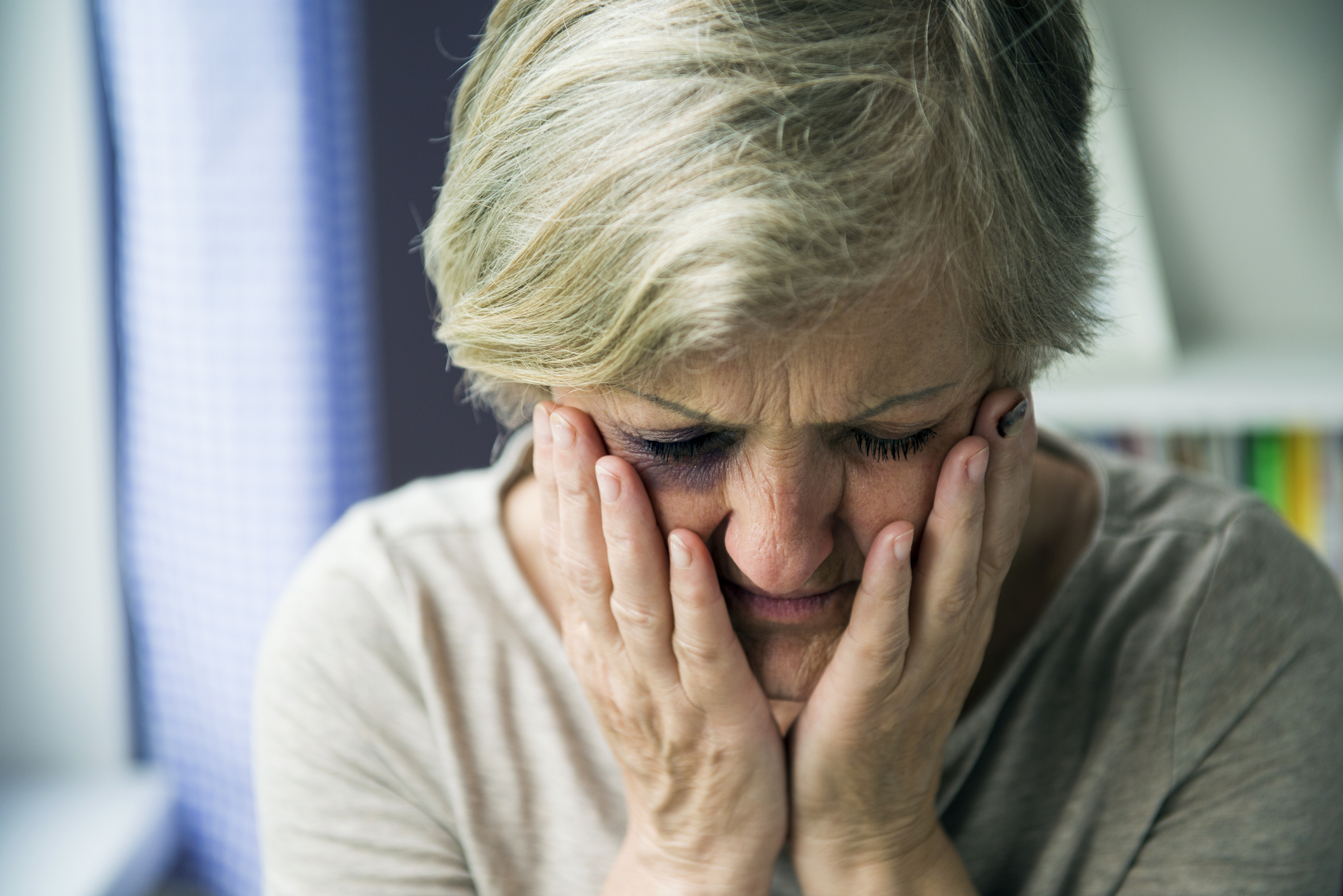June 15 was designated as World Elder Abuse Awareness Day by the United Nations in 2011 to facilitate greater awareness and help prevent the growing problem of physical, financial, psychological and sexual elder abuse and neglect. Because of the recent COVID-19 pandemic, elderly adults are not only at greater risk from infection, they have been isolated and may have experienced reduced care, food scarcity and many are vulnerable to abuse by caregivers.
According to a recent McMaster Optimal Aging Portal post, it is estimated that 16 percent of older adults have experienced some kind of abuse and because so many cases go unreported, the actual number may be much higher. Due to physical and social isolation during the pandemic, early warning signs of abuse may have been missed by loved ones.
The number of adults over the age of 60 is expected to grow 38 percent by 2030, from 1 billion to 1.4 billion worldwide. With a rapidly growing senior population, many older adults may find it difficult to get the care they need due to financial limitations. Although elder abuse is gaining a wider understanding, in many families and cultures, it is hidden from the outside world.
Because older adults have been sheltering at home or in care facilities to avoid becoming ill with COVID-19, they likely have not seen their healthcare provider or loved ones in person for months and signs of abuse may not have been recognized. Long-distance caregivers can screen for elder abuse by staying in close contact over the phone or through video chats and talking regularly with care managers. Unexplained injuries, unusual withdrawal or change in alertness, changes in spending patterns or unexplained weight loss can all be signs of abuse or neglect.
Abuse will not resolve on it’s own; it’s important for loved ones to report suspected abuse to local social service agencies. For more information on how to spot the signs of elder abuse at home or in an elder care facility, follow this link to the National Institute on Aging.






Add Your Voice
0 Comments
Join the Discussion